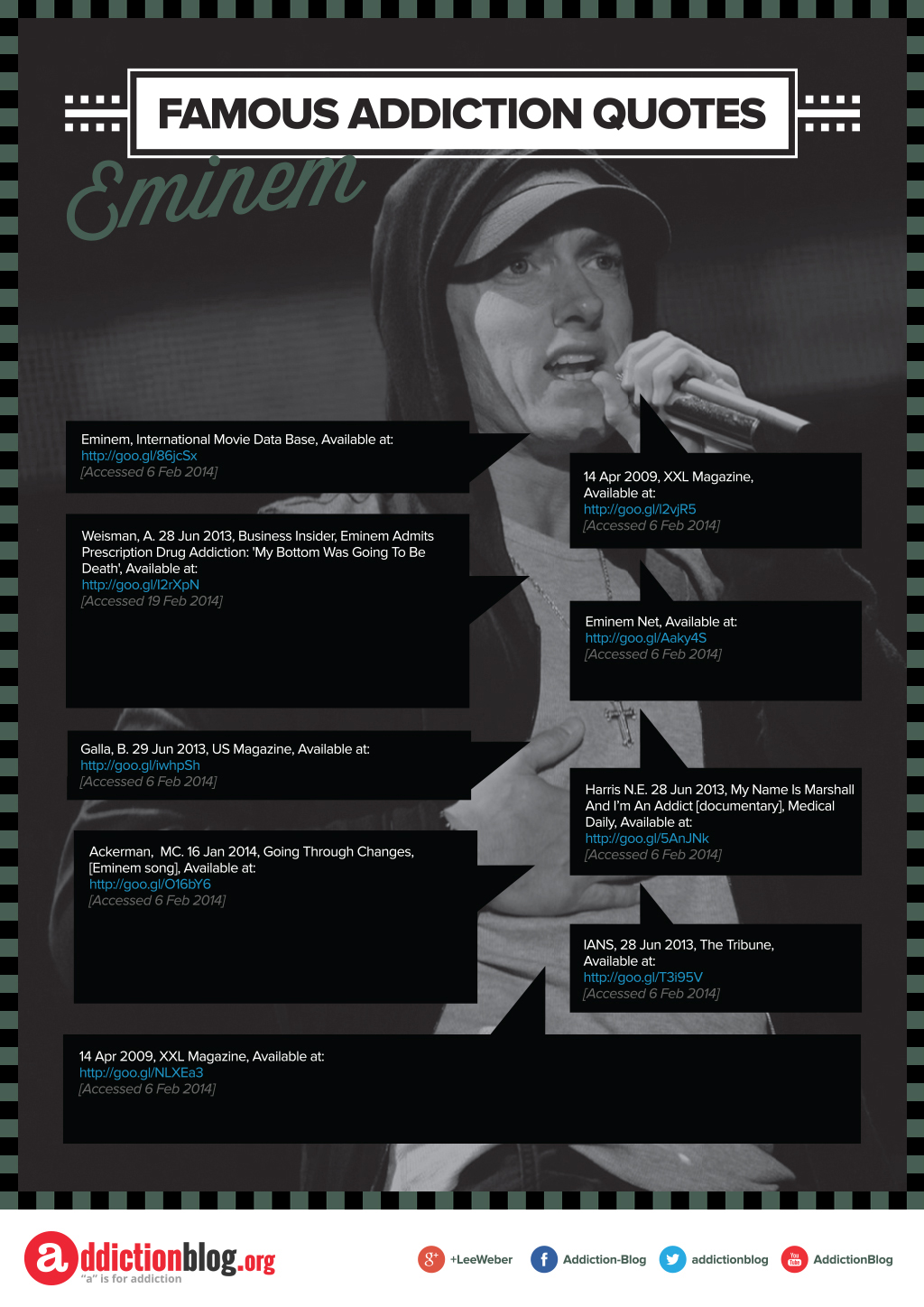After Finishing Drug Rehab, It's Necessary To Have A Strong Support System In Place To Ensure Long-Lasting Recuperation. Discover Just How Aftercare Programs Can Help You Preserve Sobriety And Create A Fulfilling Life
After Finishing Drug Rehab, It's Necessary To Have A Strong Support System In Place To Ensure Long-Lasting Recuperation. Discover Just How Aftercare Programs Can Help You Preserve Sobriety And Create A Fulfilling Life
Blog Article
Web Content By-Carrillo Larson
You can not do it alone. Recuperation from drug dependency calls for a strong support system.
The importance of aftercare in drug rehab can not be overstated. In this short article, we will check out the role of therapy, the benefits of therapy, and the foundation supplied by peer support groups in keeping sobriety.
So, get a cup of coffee, unwind, and let us guide you with the critical actions of post-rehabilitation support.
The Role of Therapy in Aftercare
If you intend to maintain your soberness after leaving rehab, it's critical that you continue participating in counseling sessions as part of your aftercare strategy.
Counseling plays a vital function in your healing trip by offering continuous support, guidance, and a safe space to express your feelings and problems.
With therapy, you can attend to any underlying issues that may have added to your addiction, create dealing techniques, and learn much healthier means to take care of tension and yearnings.
https://anotepad.com/notes/5qptqydi enables you to resolve any kind of unsolved feelings and create a much better understanding of yourself and your triggers.
The Benefits of Therapy in Preserving Sobriety
To keep your soberness, therapy can give many benefits.
- Treatment provides a safe area for you to explore and attend to the underlying problems that may have contributed to your dependency.
- It enables you to work through your emotions and develop healthier ways of handling anxiety and causes.
- With therapy, you can gain a much better understanding of yourself and your patterns of habits, which can aid you make favorable modifications in your life.
- In addition, therapy supplies you with a support group of professionals that are trained to guide and assist you on your journey to healing.
- They can provide important insights, tools, and methods to assist you navigate the challenges that may occur.
- In therapy, you can discover to create healthy coping abilities, build resilience, and boost your overall wellness.
Peer Support Groups: A Foundation for Lasting Recuperation
You can find lasting healing by actively participating in peer support groups and getting in touch with others who share comparable experiences and goals.
Peer support system offer a secure and non-judgmental space where people in healing can integrate to share their struggles, successes, and understandings. By proactively taking please click the next website in these groups, you can obtain the support and motivation you require to stay on the course of recuperation.
Getting in touch with others that have actually experienced comparable experiences can be incredibly equipping, as it aids you realize that you aren't alone in your trip. It also permits you to pick up from others who have actually successfully overcome comparable challenges. With each other, you can celebrate milestones, hold each other answerable, and offer assistance and guidance.
With these connections, you can construct a solid support group that will assist you browse the ups and downs of healing and eventually find long-term recovery and makeover.
Conclusion
You've discovered the important role of aftercare in drug rehabilitation. Therapy, treatment, and peer support groups add to lasting recovery. Right here's a staggering fact to grasp the magnitude of the issue: studies show that individuals who get aftercare treatment are 50% most likely to preserve soberness compared to those who do not.
So, picture the transformative power of these support systems in assisting people redeem their lives and build a brighter, drug-free future.
